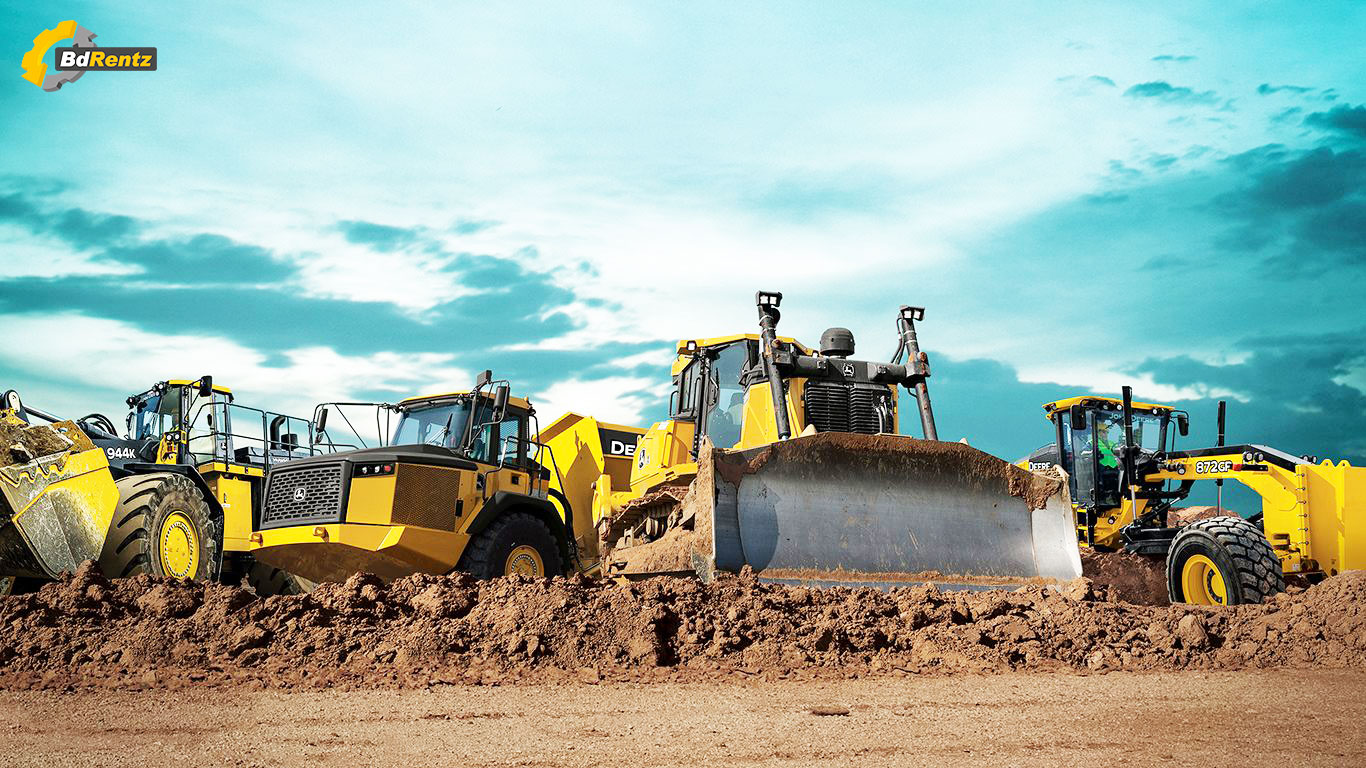Aerial Lift Rental: Versatile Training Solutions for High-Access Jobs
Aerial Lift Rental: Versatile Training Solutions for High-Access Jobs
Blog Article
Maximize Your Budget Plan by Understanding the Costs Connected With Building Tools Services
Recognizing the complete range of expenses associated with building equipment leasings is important for optimizing your budget. What techniques can be used to effectively handle these expenses and guarantee an extra effective rental experience?
Summary of Rental Prices
When taking into consideration construction devices leasings, comprehending the connected prices is paramount for efficient budgeting and project preparation. Rental costs can vary significantly based on several elements, consisting of equipment kind, duration of leasing, and location. The preliminary rental cost commonly shows the tools's market need and its linked operational capacities, influencing the overall expenditure.
Along with the base rental price, secondary prices might develop, such as transport fees, gas surcharges, and upkeep costs. It is vital to make up these extra costs to properly assess the total price of leasing tools. The rental duration can affect prices; longer services might qualify for affordable prices, while short-term rentals may incur greater day-to-day charges.

Break Down of Rental Prices
An extensive understanding of rental rates is necessary for professionals and task supervisors intending to enhance their spending plans. Rental prices for construction equipment generally contain numerous elements, including base rates, time-based fees, and use charges.
Base rates are the core fees connected with the leasing of the devices, usually identified by the type and dimension of the machinery. These rates can differ significantly, influenced by factors such as equipment demand, schedule, and regional market patterns. Time-based fees, which might be daily, weekly, or monthly, offer to fit different job timelines and rental periods.
In addition, rental prices may include use charges, which are relevant when tools is used beyond a defined limit, ensuring that the rental firm can make up deterioration. Seasonal demand variations can additionally affect rental prices, with peak construction periods commonly regulating greater prices.
Furthermore, understanding the rental company's policies pertaining to upkeep and insurance coverage can supply more understanding right into the total expense structure. By assessing these parts, contractors can make educated choices, making certain the selection of rental devices aligns with both task requirements and spending plan restrictions.
Additional Charges to Take Into Consideration
Comprehending the ins and outs of added charges is critical for contractors to manage their total rental expenses properly. Past the standard rental rates, different supplemental fees can considerably affect the complete cost of tools leasing. These fees frequently consist of delivery and pickup fees, which can vary based on distance and logistics associated with moving the devices to and from the work website.
Moreover, some rental business may enforce gas additional charges if the equipment is returned with much less fuel than when rented. It is additionally important to know potential cleansing costs, particularly for customized devices that requires thorough upkeep after usage.

Extensively evaluating the rental contract and clarifying these additional costs in advance can assist contractors avoid unforeseen expenses and make certain that budgets stay undamaged throughout the task lifecycle.
Repair And Maintenance Costs
Routine upkeep and repair expenses are commonly forgotten variables that can substantially influence the overall cost of building tools services. When renting tools, it is critical to take into consideration not only the rental charges but additionally the prospective costs related to keeping the machinery in ideal operating condition.
Many rental companies consist of fundamental upkeep as component of the rental arrangement; however, extra comprehensive repair services or unanticipated break downs can result in additional costs. It's vital to assess the rental contract thoroughly to recognize what maintenance solutions are covered and what obligations drop on the tenant.
Furthermore, devices that is not well-kept can cause inadequacies on the job site, potentially increasing and causing delays project expenses. To alleviate these risks, it is recommended to carry out routine assessments and maintain open communication with the rental supplier pertaining to any kind of concerns that develop during usage.
Insurance Policy and Responsibility Prices
Insurance policy and obligation expenses are vital elements that can dramatically affect the general expense of construction tools services (heavy equipment rental). These prices guarantee that both the rental firm and the customer are secured from possible economic losses developing from accidents, websites damages, or theft during the rental duration

In addition, customers should be conscious of any deductibles or exemptions in the insurance coverage, as these can influence potential out-of-pocket expenditures. Comprehending the conditions of any type of insurance policy coverage this article is crucial to look at here stay clear of unforeseen prices. Eventually, budgeting for insurance policy and liability costs can aid guarantee a smoother rental experience and secure versus financial threats associated with building tasks.
Verdict
In final thought, a detailed understanding of the costs connected with building and construction equipment leasings is necessary for reliable budget monitoring. By assessing rental prices, additional costs, maintenance costs, and insurance coverage individuals, demands and companies can minimize unexpected expenditures. This tactical method not only improves cost-effectiveness yet additionally makes certain that tasks proceed efficiently and effectively. Inevitably, educated decision-making pertaining to tools services adds to the general success of building ventures.
Rental prices can differ substantially based on several factors, consisting of tools type, duration of service, and place (scissor lift rental). The rental period can influence pricing; longer leasings might qualify for discounted prices, while short-term services might sustain higher day-to-day fees
By conducting thorough research study and engaging with trusted rental companies, specialists can efficiently browse the complexities of rental rates, ultimately optimizing their monetary sources.
Beyond the common rental rates, different additional costs can dramatically impact the total expense of equipment leasing. Rental companies often supply responsibility insurance coverage that covers injuries to 3rd parties or damage to residential property, while equipment damage insurance policy can cover the cost of repair work or substitute if the rented out equipment is harmed.
Report this page